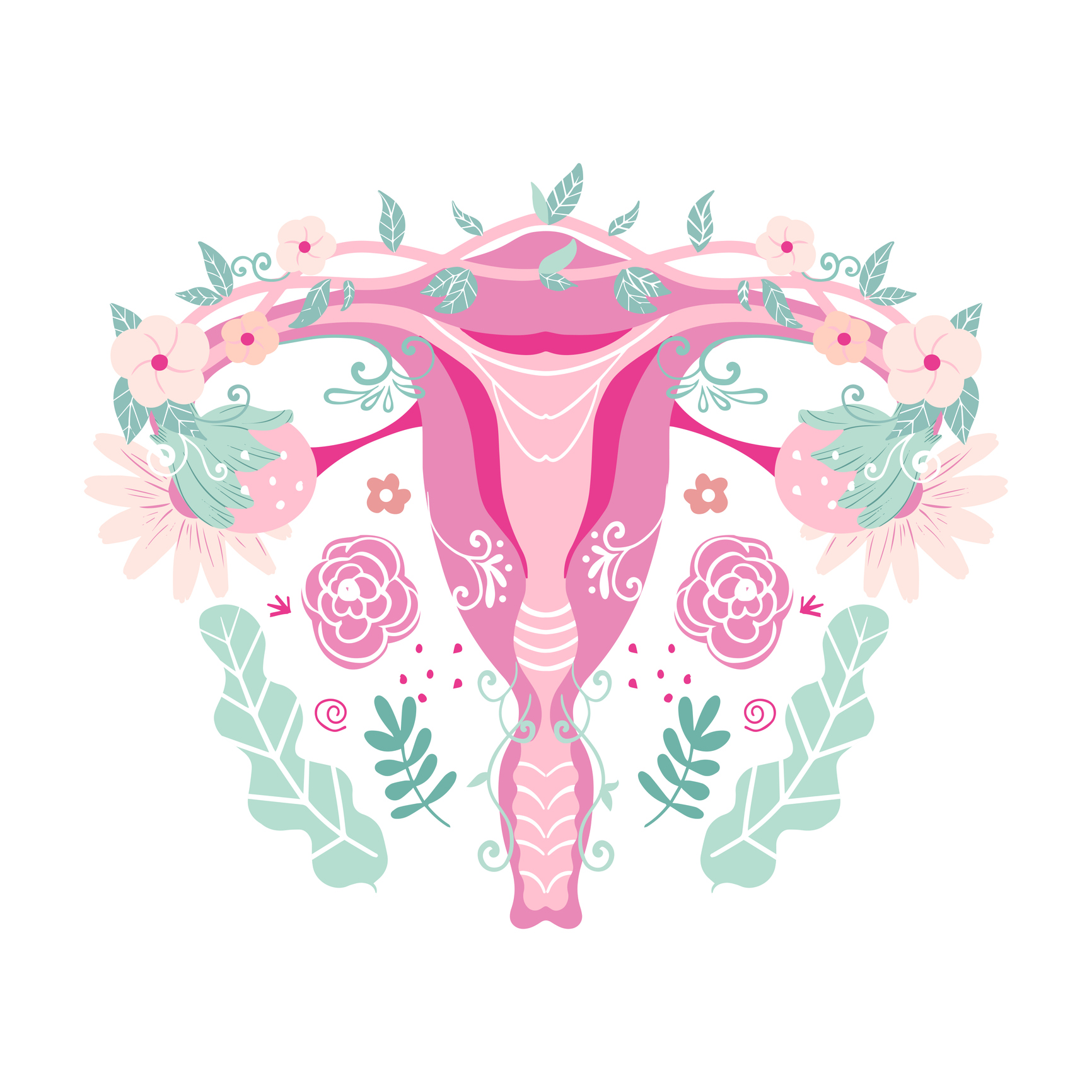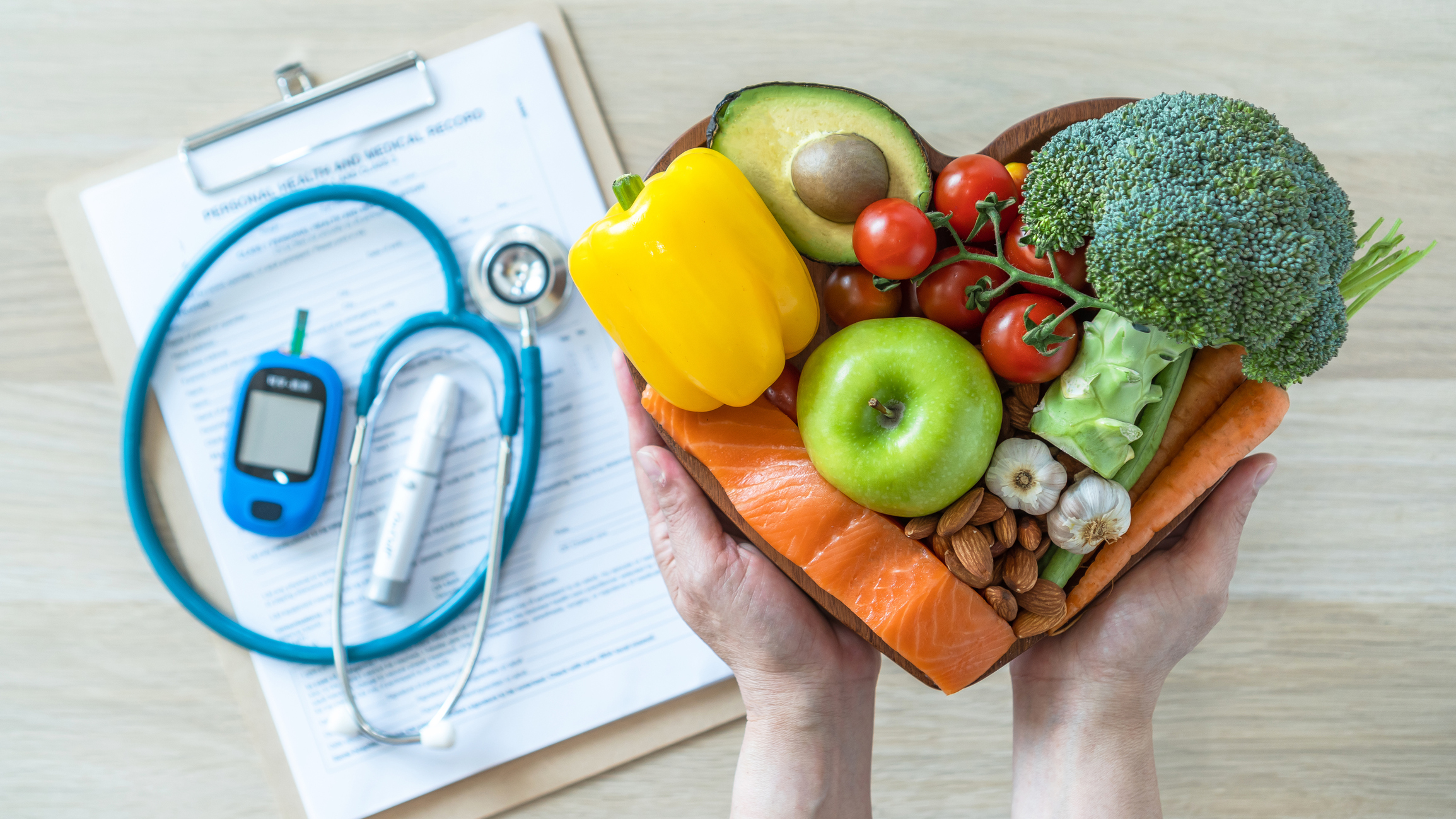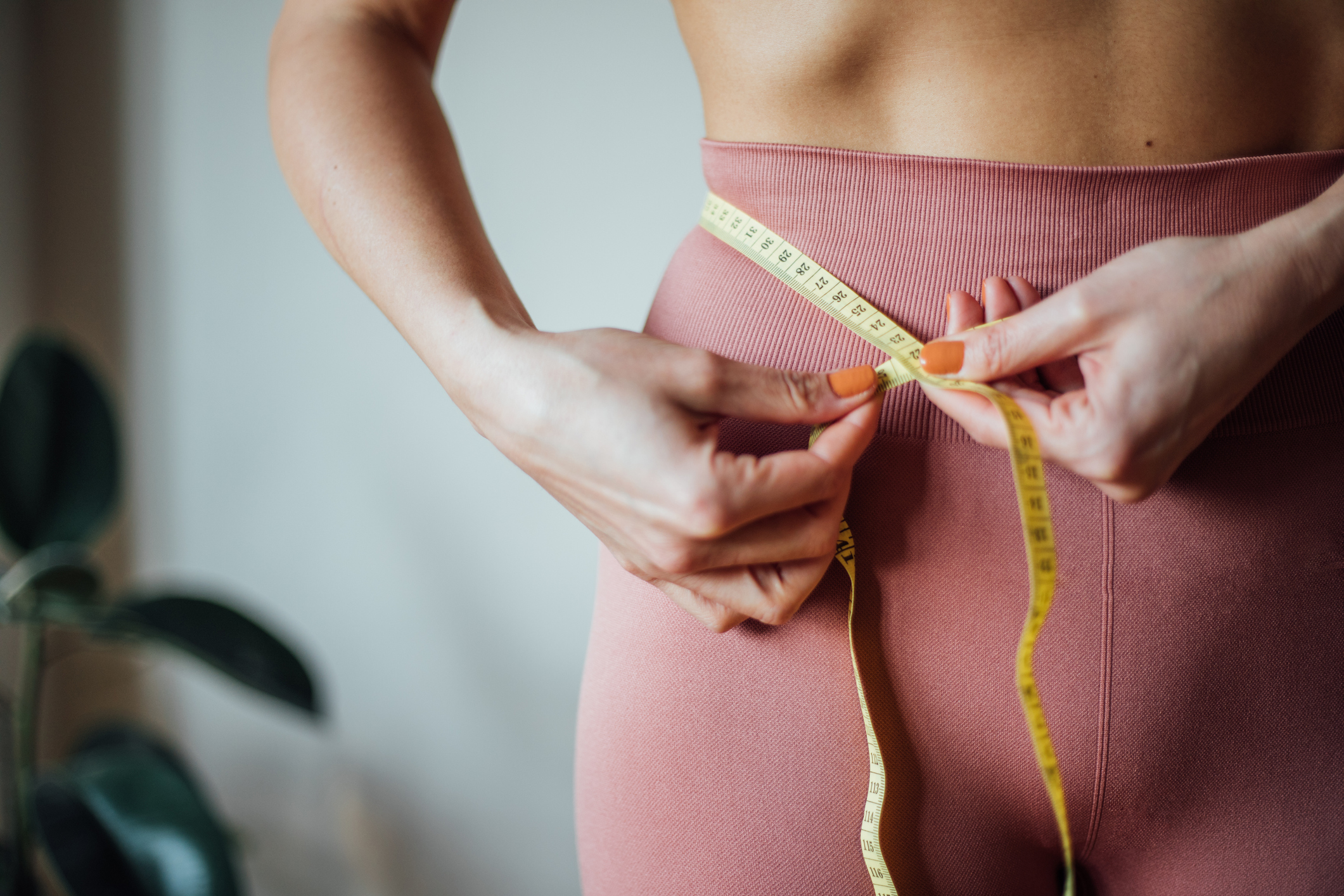Blogs
CONSIDER RESETTING YOUR NEW ‘NORMAL’

If you've struggled with your weight for some time, it's tricky to find perspective on your goals. Hopefully this will provoke some thought on the topic...
Article
It was a recent conversation I had with one of our members that started me thinking about sharing some more of the psychology behind weight loss. She was telling me how she’d recently lost 10 kilos, but many of her family and friends were telling her she’s getting too thin. She too was concerned about loose skin, looking older and getting too gaunt in the face. While her weight loss to date was significant and very positive, she is still at least 25-30 kilos over her ‘healthy’ body composition.
The 'healthy' range for women is 20-30% body fat and, for men, <20% body fat. Being above this range increases our risk factors for Type 2 Diabetes, heart disease and 13 different types of cancer.
We generally gain weight gradually and settle into our comfort zone of ‘normal’, or what we consider to be acceptable, over time. This is then eventually tightly entwined with our personal identity. This person had dropped from 100 kilos down to 90 kilos but she was still a long way from ‘too thin’. However, her clothes were getting looser, her friends were making comments and her identity was changing.
The one thing you will find if you ever lose a significant amount of weight is that those closest to you don’t want you to change. For those who may have influenced your weight gain, it’s threatening for them to see you make lifestyle changes, which may move away from your previously shared poor lifestyle choices. It’s generally a subconscious thing, but others feel far less guilt if they can pull you back over to the ‘dark side’. We’ve all heard it before - “Go on, have a slice of cake. You only live once!” It’s true, but I’d rather live once with great health and quality of life!
If you’ve always been overweight, or you have been for some time, challenge yourself to consider a possible ‘new normal’. Often clients will say “I used to only weigh 60 kilos when I was in my late teens, but I think that would be too thin for me now”. Fact: we should get lighter as we get older – not heavier. We generally have less bone mass and less muscle tissue and should therefore get lighter, not heavier, as we age.
Whatever weight you were in your late teens and early twenties (usually your lightest), this almost always remains your ideal, or healthy weight. You, your friends, your family and your colleagues are likely accustomed to your current physical state, however, perhaps it’s time to reevaluate your body and your health by looking back at photos of yourself in your leaner years and consider resetting your ‘new normal’.


